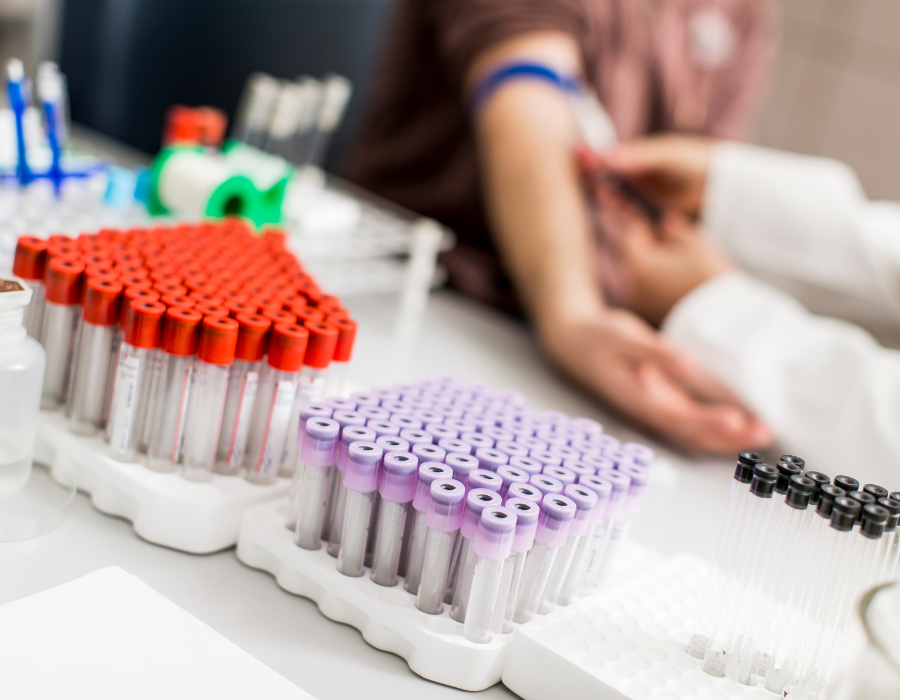As routine as blood tests may seem, there’s a lot more to these simple yet powerful diagnostic tools than meets the eye. Blood tests play a crucial role in modern medicine, providing valuable insights into a person’s health and helping healthcare providers diagnose and treat various conditions. But did you know that there are some fun and fascinating facts about blood tests? In this blog post, we’ll delve into the intriguing world of blood tests and uncover some interesting facts that you may not know!
- Your Blood Can Reveal Your DNA: Blood tests can provide a wealth of information about your genetic makeup. Through a process called DNA testing, blood samples can be analyzed to reveal your unique genetic code. This information can help identify genetic disorders, determine your ancestry, and even predict your risk for certain diseases.
- Blood Tests Have Been Around for Centuries: While modern blood tests have advanced significantly in recent years, the concept of blood testing has been around for centuries. The ancient Egyptians were known to use blood samples to diagnose illnesses as far back as 1600 BCE. In the 19th century, the invention of the microscope led to further advancements in blood testing, paving the way for the modern blood tests we use today.
- Blood Tests Can Measure Your Hormone Levels: Blood tests can provide insight into your hormonal health. Hormones are chemical messengers in the body that regulate various processes, such as metabolism, mood, and reproductive function. Blood tests can measure hormone levels, such as estrogen, testosterone, and thyroid hormones, helping healthcare providers diagnose hormonal imbalances and determine appropriate treatments.
- Blood Tests Can Detect Nutrient Deficiencies: Blood tests can reveal if you’re lacking essential nutrients. For example, blood tests can measure levels of vitamins, minerals, and other nutrients in your blood, indicating if you have deficiencies that may impact your overall health. This information can guide dietary changes or supplementation to ensure you’re getting the nutrients your body needs.
- Blood Tests Can Help Detect Infectious Diseases: Blood tests can identify the presence of infectious diseases in your body. For example, blood tests can detect antibodies or antigens that indicate the presence of viral or bacterial infections, such as HIV, hepatitis, or Lyme disease. Early detection through blood tests can enable prompt treatment and prevent the spread of infectious diseases.
- Blood Tests Can Monitor Your Organ Function: Blood tests can assess the health and function of your organs. For instance, liver function tests and kidney function tests are common blood tests that can evaluate the performance of these vital organs. Blood tests can provide important information about the health of your organs and help detect any potential issues.
- Blood Tests Are Relatively Painless: Despite the fear of needles, blood tests are generally considered relatively painless. The needle used for blood tests is usually small, and the discomfort is usually minimal and short-lived. The benefits of the information obtained from blood tests far outweigh the temporary discomfort of the procedure.
In conclusion, blood tests are fascinating diagnostic tools that provide valuable insights into our health. From revealing our DNA to detecting nutrient deficiencies, monitoring organ function, and identifying infectious diseases




